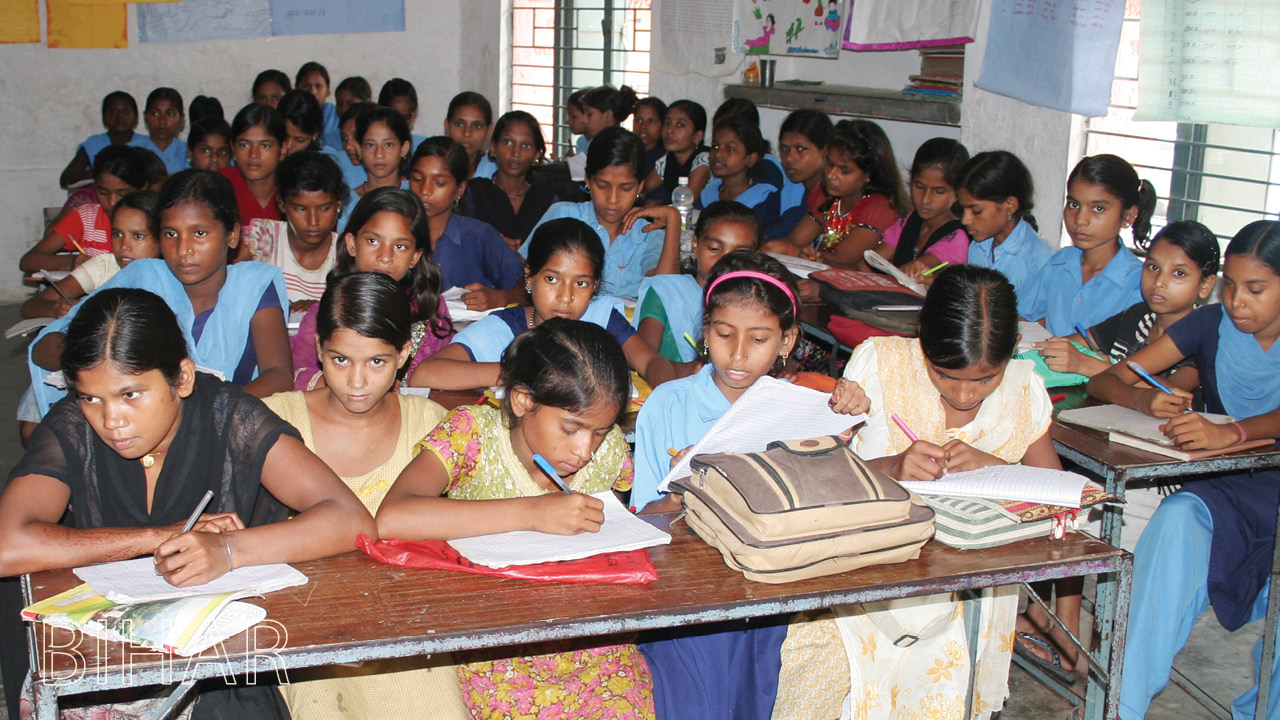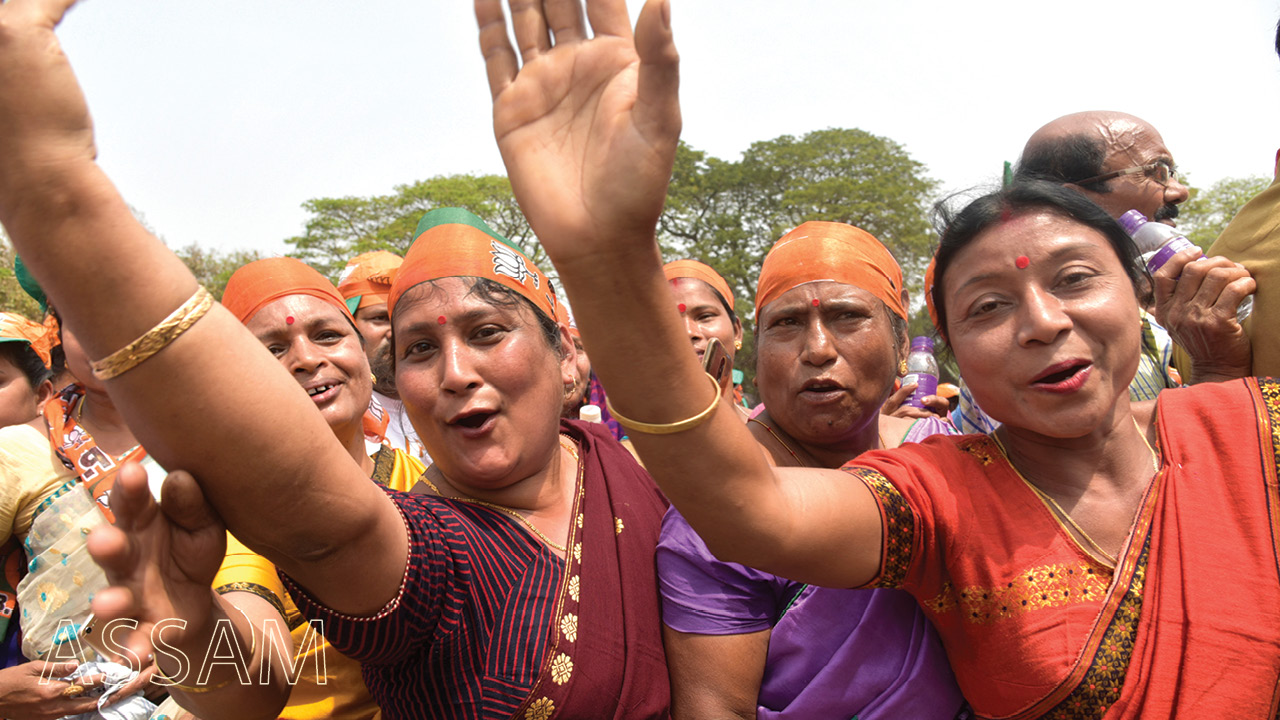Bihar ranks #12 in the SKOCH State of Governance Report 2024, reflecting a modest improvement in its administrative delivery and project implementation. With 18 well-performing projects—2 of which were rated highly impactful—Bihar has made significant inroads into sectors it previously did not engage with, such as Infrastructure, Environment, Horticulture, and e-Governance.
It now ranks in the top 10 nationally across 11 categories, showcasing a broadening of its governance footprint. Particularly noteworthy is Bihar’s first-place ranking in Warehousing and strong entries in Infrastructure (#2), Environment (#2), and e-Governance (#3), highlighting how its policy priorities are shifting towards more digitised, environment-sensitive, and infrastructure-intensive development.
Several initiatives underpin this transformation. The e-Bhandaran – Warehouse Management Software project by the Bihar State Warehousing Corporation introduced a fully digitised, transparent, and efficient warehouse system, reducing human intervention and enabling real-time analytics for inventory and billing. This landmark initiative not only brought Bihar national recognition but also demonstrated how digitisation can enhance core governance functions like food and input security.
In district governance, the Ayushman Bharat – PMJAY implementation in Saran district showed how health access can be expanded even in hard-to-reach geographies. By achieving over 43% beneficiary coverage and significantly raising awareness among low-income families, this initiative showcased the impact of decentralised administrative commitment.
Likewise, the ICT Labs Setup in Government Schools modernised educational delivery by installing digital labs in over 2,000 schools, directly benefiting 1.5 lakh students. This project demonstrates how infrastructure augmentation can translate into improved teaching-learning outcomes, a core aspect of state capacity enhancement.
Despite these gains, Bihar’s comparative position in the six SKOCH indices reveals structural constraints. In the SKOCH State of Governance Index, Bihar ranks in the mid-tier, behind states like Maharashtra (#1), Gujarat, and Andhra Pradesh. States such as Odisha and Madhya Pradesh, with comparable developmental challenges, have outperformed Bihar through more aggressive district-level governance and a higher number of impactful projects.
Bihar’s project submissions still lag in volume—SKOCH estimates that over 80 well-performing projects are required for a top 5 position—alongside the need for more submissions from district and municipal levels, which tend to drive sustained rankings.

In the SKOCH State of e-Government Infrastructure Index, Bihar ranks last among all major Indian states, revealing deep gaps in digital service readiness and delivery. The state scored just 0.135, significantly behind Haryana (#1), Uttarakhand, and even similarly resourced states like Assam and Jharkhand.
This weak performance underscores a key bottleneck in Bihar’s development trajectory: poor digital infrastructure, low e-transaction volumes, and limited availability of services through online platforms. Despite its #3 rank in the State of Governance e-Governance category (reflecting quality of submitted projects), the underlying infrastructure remains underdeveloped.
Projects such as the Bihar Aadhaar Authentication Framework (BAAF) attempt to bridge this gap by offering a scalable model of identity-linked service delivery. With over 46 crore authentications and 58 crore transactions processed, BAAF has reduced fraud and improved targeting across 14 departments. However, the state’s last-place finish in the digital infrastructure index shows that more foundational investments are still needed.
On the SKOCH State of Financial Prudence Index, Bihar remains one of the weakest performers. The state scores near the bottom due to its overdependence on central transfers, low own-tax and non-tax revenues, and a weak capital expenditure base. For instance, its own tax revenue as a percentage of GSDP remains among the lowest in India, despite ongoing public investments. While it does better than some northeastern states, it falls behind Jharkhand, Odisha, and even Uttar Pradesh on several fiscal indicators.
To enhance fiscal resilience, Bihar must focus on improving tax collection mechanisms, expanding the base of property and service taxes, and monetising non-tax assets more effectively. Without strengthening its own sources of revenue, Bihar risks compromising its ability to sustain development momentum and fund large-scale welfare programmes.
In the SKOCH State of Government Transformation Index—which evaluates how well a state is combining governance performance with digital infrastructure—Bihar’s performance is understandably low due to its weak digital backbone. Transformation requires the state not only to design good programmes but also to deliver them at scale with efficiency. States like Andhra Pradesh, Telangana, and even Chhattisgarh have shown how marrying governance innovation with robust digital platforms can yield superior outcomes.
Despite project excellence, Bihar is limited by its systemic readiness to integrate digital workflows and platforms across departments. The SAMAST project in Bihar’s power sector is an example of transformative governance hindered by infrastructural challenges. While the project introduced automated scheduling and energy accounting, improving regulatory compliance and operational efficiency, integration with remote substations and full-scale automation required overcoming significant institutional and infrastructural bottlenecks.
On the SKOCH State of Government Efficiency Index, which combines fiscal and governance performance, Bihar again falls in the bottom quartile. Its governance delivery, while improving, remains uneven, and fiscal health is weak. In contrast, states like Gujarat and Maharashtra score high because they combine administrative leadership with prudent financial management. Even Odisha, another resource-constrained state, scores higher due to its aggressive capex, better tax performance, and district-level governance consistency.
For Bihar, improving efficiency would mean empowering line departments, streamlining fund release and utilisation, and reducing leakages in last-mile delivery, particularly in welfare schemes and infrastructure projects.
The SKOCH State of Development Index, the most comprehensive of the six, shows that Bihar ranks near the bottom. Despite scoring well in the Governance category, its poor performance in Finance and e-Government Infrastructure Index drags down its composite development score. This suggests that Bihar’s development efforts are not yet holistic—while project-level governance is commendable, systemic enablers like financial autonomy and digital capacity are lacking.
Comparable states such as Chhattisgarh and Madhya Pradesh do better on this index by ensuring more balanced development across infrastructure, fiscal discipline, and service delivery. To climb in this ranking, Bihar must adopt an integrated approach that pairs successful project outcomes with institutional capacity building and technology investments.
Yet, the Bihar SKOCH State of Governance Report 2024 also highlights promising initiatives. Bihar submitted projects across Education, Tourism, Agriculture, District Governance, and Power & Energy. Notably, it ranked #4 in both Education and Tourism, and #5 in Power & Energy, demonstrating thematic governance strength.
Bihar stands at a critical juncture. It has demonstrated the potential for transformative governance through targeted projects and policy innovation. However, to convert isolated successes into systemic gains, the state must enhance digital readiness, strengthen its fiscal position through internal revenue mobilisation, and decentralise project planning to empower district and municipal levels. Only then can Bihar break into the top 10 governance states and compete with high-performing peers on both efficiency and development.
Bihar stands at a critical juncture. It has demonstrated the potential for transformative governance through targeted projects and policy innovation. However, to convert isolated successes into systemic gains, the state must enhance digital readiness, strengthen its fiscal position through internal revenue mobilisation, and decentralise project planning to empower district and municipal levels. Only then can Bihar break into the top 10 governance states and compete with high-performing peers on both efficiency and development.



